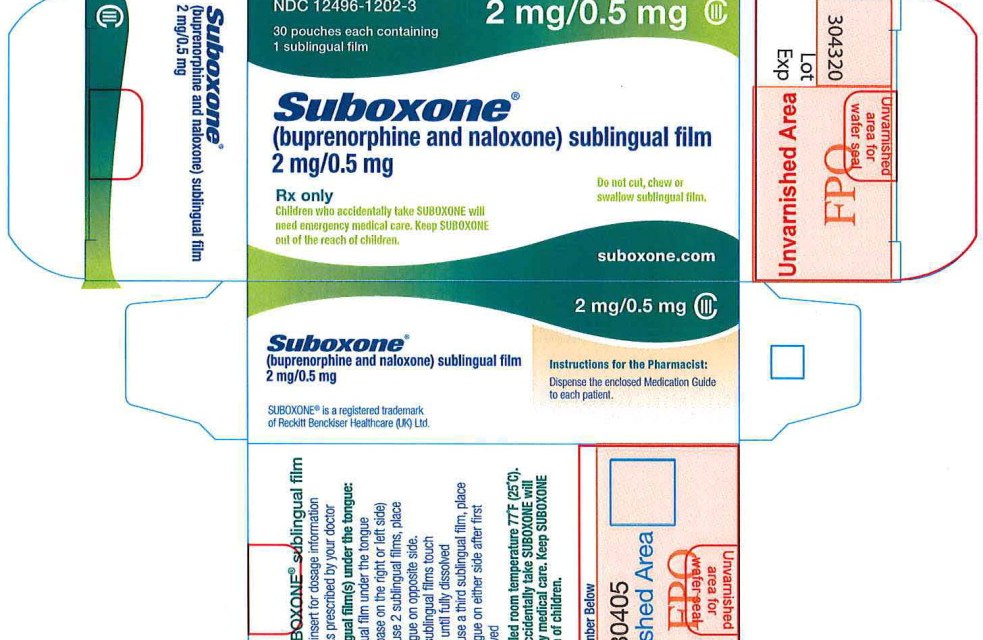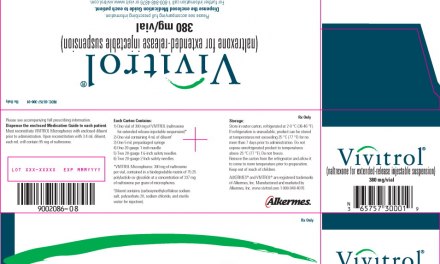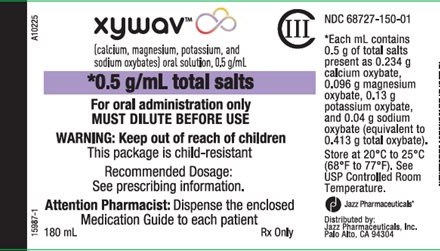I’ve often wondered about the high dropout (or if you prefer, low retention) rates in some medication-based Opioid Treatment Programs (OTPs). It’s sometimes been a struggle to get accurate data, but I have seen quotes from several states suggesting 1 year retention of less than 50%– and in some clinics, less than 25%. It makes no sense to me. We’re providing medications with documented efficacy, plus at least some counseling services. And as I understand it, clients are encouraged to stay with the program more or less permanently.
So why aren’t they? I can think of three possible explanations.
First: The client was never fully stabilized on the medication, and dropped out because for them, it simply didn’t “work” to their satisfaction.
Or: The client did stabilize adequately, but still wanted to get high, and may have used other substances to do so. At some point, they either returned to full-time street use, or were caught and administratively discharged for rule-breaking.
Or: The client appeared to do well for a period of months and then mysteriously began to struggle again– often requiring adjustments of dose that ultimately proved unsuccessful.
I’ve heard all three cited by former OTP clients when they showed up in assessment centers or in other treatment programs. I’ve listed them in order of appearance. I’ve also noticed a wide variation in satisfaction from clinic to clinic– the sort that suggests to me there’s a problem with consistency and quality control. In one case, dropouts actually made reference to drug abuse and sales inside the clinic itself. They were effectively driven off. That clinic is since closed, fortunately. But I can’t help but wonder…
After numerous discussions with docs and counselors who work in medication-based OTP, I’ve come to view it more as a tool for harm reduction than a path to long term recovery, with some notable exceptions. I do wonder if by enhancing the somewhat skeletal counseling services offered by many OTPs, we could improve retention as well as satisfaction. But I’m also aware of studies that suggest the opposite– that counseling makes no difference in outcome, versus medication alone.
Anyway, in the spirit of improvement, I welcome your thoughts and comment on the subject.














Another insightful article, thanks Scott.
“But I’m also aware of studies that suggest the opposite– that counseling makes no difference in outcome, versus medication alone.” How can this be . . . NO DIFFERENCE in outcome???? How is our recovering addict to change his/her “stinkin’ thinkin’? Granted there are mutual help groups, but the statement suggesting that counseling doesn’t make any difference in the rate of retention seems highly suspect. I’d be interested in the specifics of the survey that supports this premise.
Again, thanks for the post Scott.